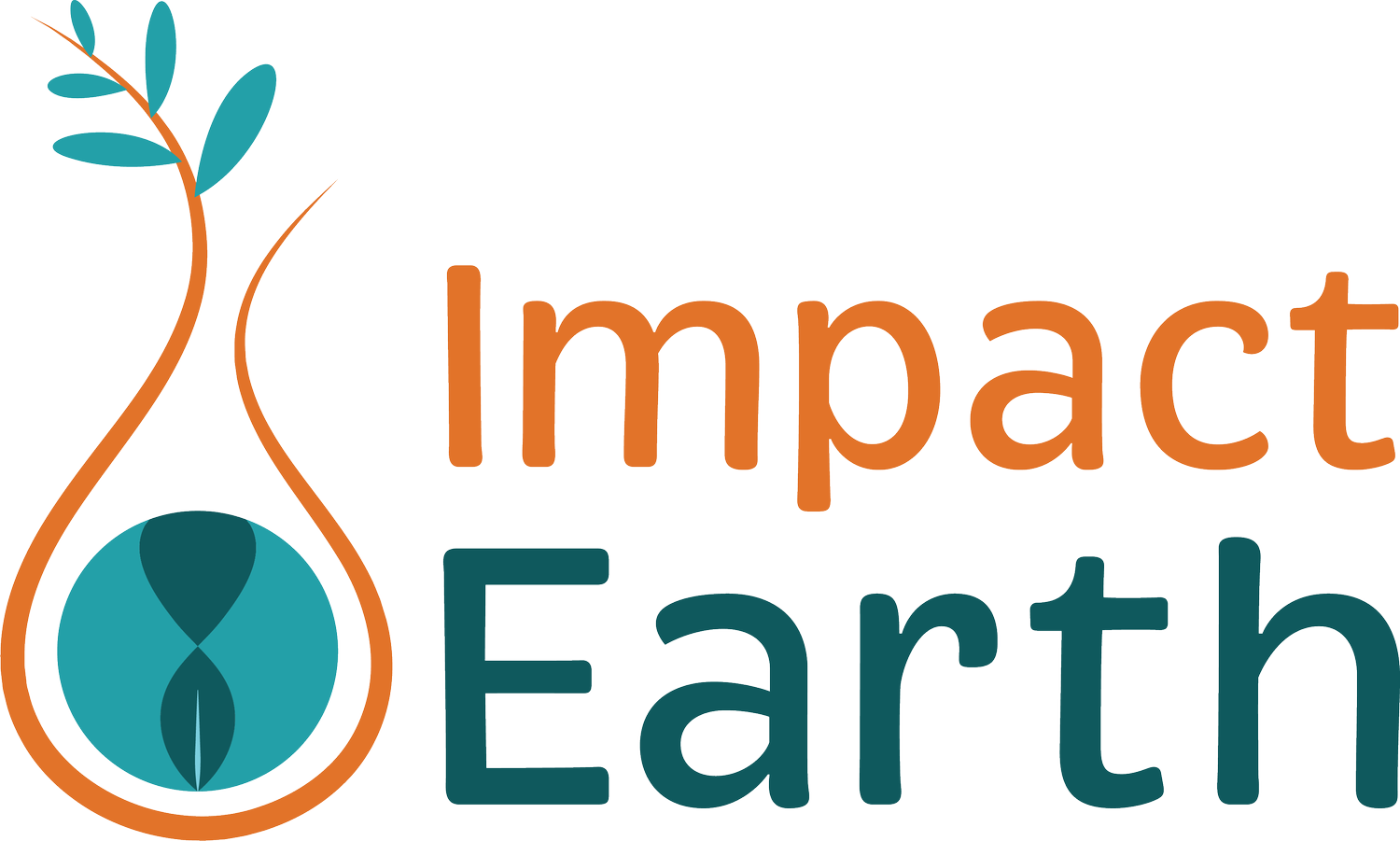Composting: A Way of Life
Does anything excite you about the process of composting?
For years I knew nothing about how nature recycles. Now I see there is something valuable to learn.
In the past, I didn’t think about what happens when food scraps and other organic materials sit in the trash bin -and then are sent to a landfill. They become stinky and serve no useful purpose! Largely forgotten, except by the environment -which absorbs the methane produced by organics rotting away slowly with other caustic materials. Ewe…yuck. (I’m truly sorry for the finger wag).
It’s a great metaphor for the garbage in our lives and the unintended consequence of ignoring rather than transforming it. When I consider the alternative, allowing organic material to break down naturally and become a nutrient for growing something new, vegetable peels, coffee grounds, cardboard boxes, and yard debris suddenly have superpowers. And it’s kind of magical seeing the end result: beautiful, rich dirt. Or maybe, you don’t like getting dirty, so how about a beautiful tomato plant growing out of succulent soil?
There are many advantages to converting our waste into something useful. Perhaps you already compost. Are you sharing the joy of this process with others? It’s tempting to finger-wag at the people in our lives who still throw their leftover food scraps into the trash. But then I think, “I’ve done that too.”
After learning about how nature recycles, I made a choice to do something different that allowed me to reap the benefits of the second part of the garbage metaphor: transformation. Following careful consideration of what I would need to change, I tossed an old habit into the compost bin and allowed it to break down over time, and emerge as healthy support to someone new. Asking, what does the next person need to make it easier to compost?
What if we were able to do that with all the habits we wanted to change?
Recently, a group of neighbors in Henrietta decided the best way to support each other’s composting effort was to share the cost and arrange a neighborhood pickup of their food waste and other organics.
They contacted Impact Earth and agreed to the following:
One neighbor would be the point of contact (POC) for the group of households participating. This neighbor would create an account with Impact Earth and be responsible for making the payment. Individual households would pay the neighborhood POC for the composting service.
Impact Earth would bring a toter to the neighborhood and supply individual buckets to each household participating. A designated site in the neighborhood would be determined for the toter and the individual households could dump their bucket into it as often as needed.
What a wonderful way to share the benefits of composting. If this sounds like a good idea for your neighborhood, contact Robert Putney for more information.
Consider adding your voice to a community that embraces composting as a way of life.
What do you love about composting? Why is it important to grow a composting community?
Send your thoughts to Nancy Steinkamp
